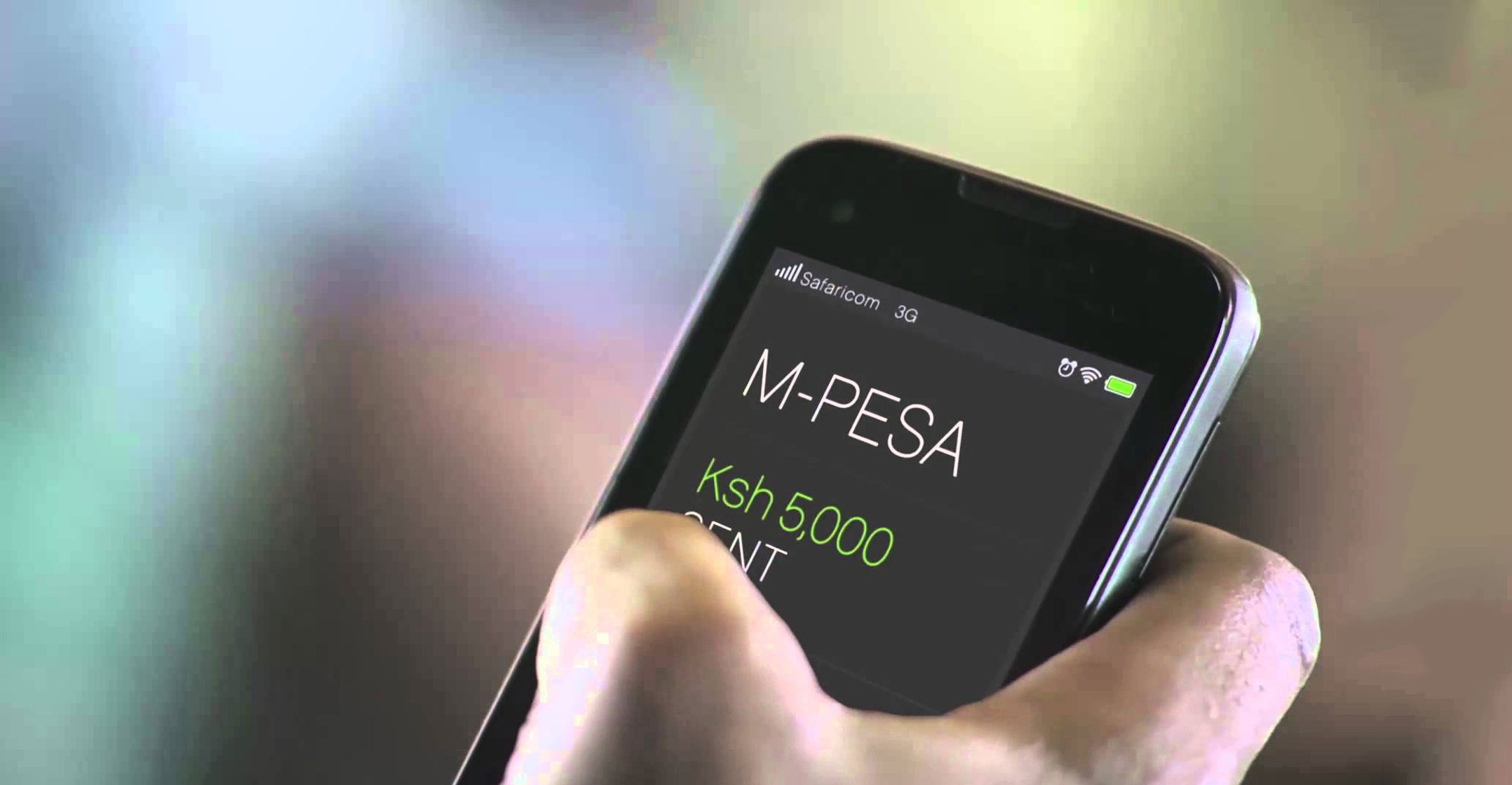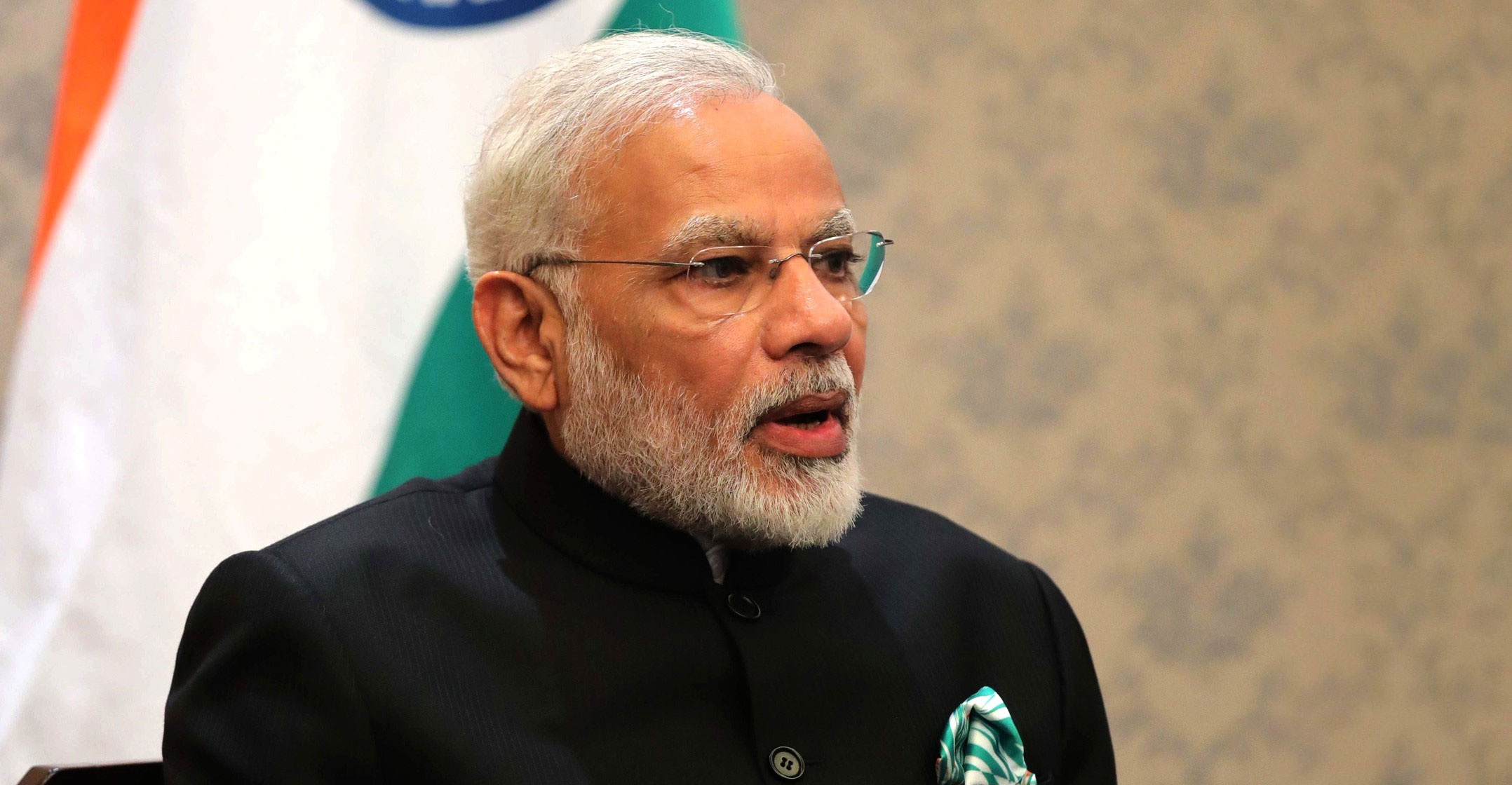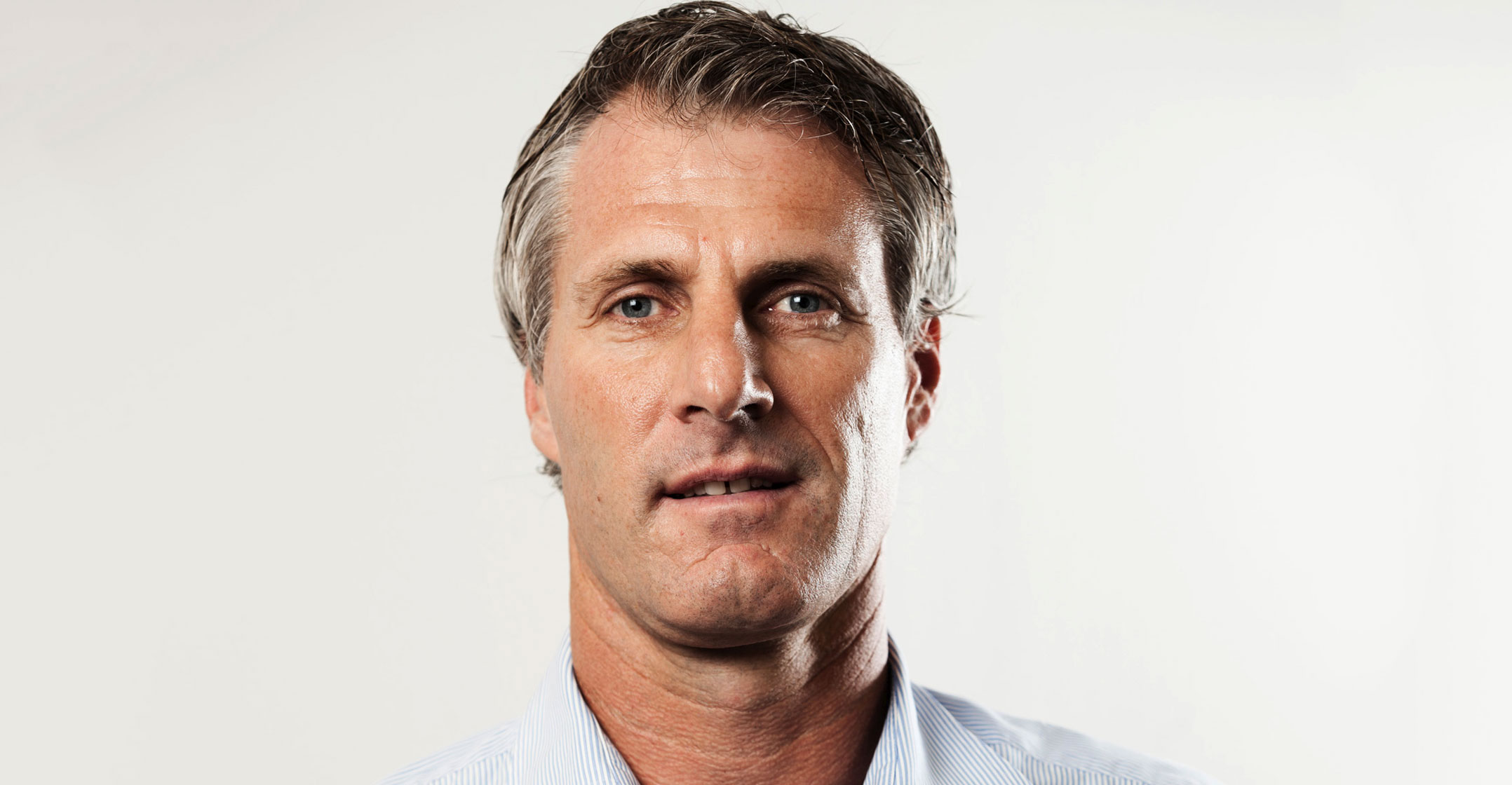
Father of capitalism Adam Smith once called money “one of the three great inventions, along with the written word and mathematics”. Money has helped business grow more efficiently, enabled markets to expand more dynamically, and allowed nations to trade more effectively.
However, since the concept of a credit card was first described in Edward Bellamy’s novels in the late 19th century, the concept of a cashless economy has remained pervasive. A cashless society describes “an economic state whereby financial transactions are conducted through the transfer of digital information (ordinarily as an electronic representation of money) between transacting parties, instead of a physical exchange of banknotes or coins”.
Cashless payments in the modern context emerged in the 1970s when mag-stripe cards replaced cheques to combat cheque fraud. With the advent of the Internet, electronic banking drove the migration to cashless transactions in the 1990s. By the 2010s, digital payment methods were widespread in many countries, and government-driven cashless economy initiatives especially in developing countries became increasingly popular.
The appeal of a cashless society is obvious: by removing cash from the economy, governments can eliminate black markets, develop better monetary policies and improve the implementation thereof, and develop trackable records that simplify and improve tax collection. Merchants enjoy lower risk by reducing cash kept at hand while also speeding up the transaction process, while consumers benefit through ease of use and improved security. A whole new suite of value-add services also become possible when cash is replaced by electronic-based payments.
Recently, several cashless economy initiatives in developing countries have provided interesting insights into the possibilities of an African cashless society.
The example of India
India recently embarked on the most ambitious cashless economy initiative in the world. Prior to 2009, half of all Indians had no form of official identification, prompting the government to launch Aadhaar, the world’s largest biometric ID system with nearly 1.2bn enrolled members. In 2016, India added another component to Aadhaar called India Stack, a series of connected systems that allow people to store data such as addresses, tax filings and bank statements. India Stack also allows citizens to open a bank account, buy a mutual fund, or otherwise participate in formal economic activities. Since the launch of Aadhaar, 270m bank accounts have been opened across India.
Then, in November 2016, Indian Prime Minister Narendra Modi announced that all Rs500 and Rs1 000 notes were going to be taken out of circulation overnight. In the ensuing panic and confusion, 1.5m jobs were lost, and many cash-intensive industries stuttered to a halt. A year later, the World Bank has cut India’s growth forecast, industrial production slowed, and the black market continues to thrive.

With fewer than 5% of adults in Sub-Saharan Africa having a credit card, and 80% using no formal or semi-formal banking facilities, African countries recorded the lowest economic impact of electronic payments. In Nigeria, where three-quarters of the adult population have never been banked, the government introduced a policy via its central bank to limit cash-based payments. The aim was to reduce the cost of banking services, drive financial inclusion, improve the implementation of monetary policy and help the economy break into the global top 20. However, payment cards added a mere US$640m cumulatively to Nigeria’s GDP between 2011 and 2015.
In Kenya, this figure is a near-insignificant $70m, although the popularity of mobile money wallet M-Pesa does provide some indication to the possible future of what shape a cashless African society could take.
M-Pesa processed more than $28bn in 2015 via more than 35m Kenyan users. By 2019, analysts expect more than half of total Kenyan GDP to flow through M-Pesa. This has partly been driven by the prevalence of mobile phones: more than half a billion people in Africa subscribe to mobile services, and smartphone connections have nearly doubled over the past two years to reach 226m.
Airtime has also emerged as an alternative currency: between 2011 and 2012, the value of airtime transfers doubled from $350m to $700m. Services such as Crowdcoin allows mobile subscribers exchange airtime for cash, send and receive money, and make purchases.
South Africa still leads
Africa’s most advanced financial market is also its best placed to take advantage of cashless payments. Three-quarters of adults in South Africa have some form of bank account, and smartphone penetration sits at more than a third of mobile users.
The country’s sophisticated business environment also allows cashless payment providers to introduce advanced products and services that add convenience to consumers’ lives while driving business value across the value chain. Mobile transacting company wiGroup, for example, has established a presence at more than 80 000 retail lanes, allowing consumers to conduct a range of cashless and cardless transactions including earning and redeeming loyalty, conducting mobile money transfers, earning rewards and paying via their mobile. To date, more than R7bn in transactions have been processed via wiGroup’s platform.

Mobile payment app SnapScan counts more than 26 000 South African businesses as clients, establishing a strong cashless subculture partly driven by millennials’ desire for convenience and novelty. Online transacting is also set for rapid growth, with South Africa’s online spend set to grow to more than R53bn in 2018. Mobile card payment provider iKhokha’s recent partnership with Mastercard has increased access to cashless payment technology for informal traders, who recorded a 15-30% increase in revenue during a trial period.
As cashless payment methods continue to gain ground, industry and government will need to work together to ensure reliable connectivity and that transaction integrity is maintained at all stages of the payment process. As global tech giants such as Apple, Samsung and Android bring frictionless payments to new markets, and incumbents such as Visa (Checkout) and Mastercard (MasterPass) introduce new payment methods, industry role players must take heed of security concerns to ensure public trust in new forms of payment is maintained.
It’s a brave new cashless world out there.
- Anton Gaylard is co-founder of CrossFin Technology Holdings

